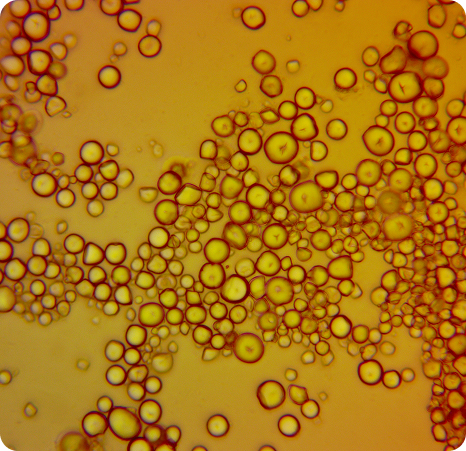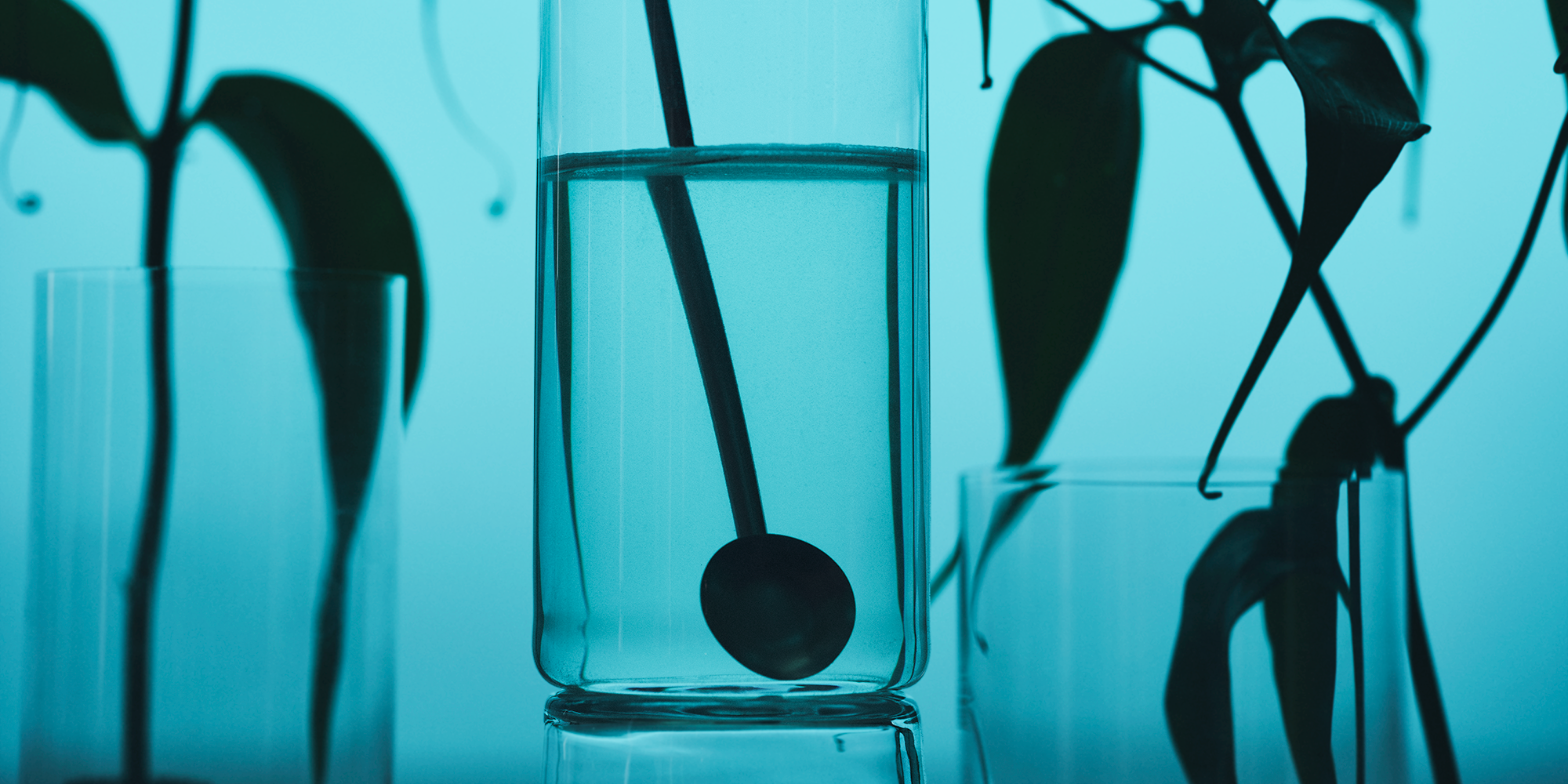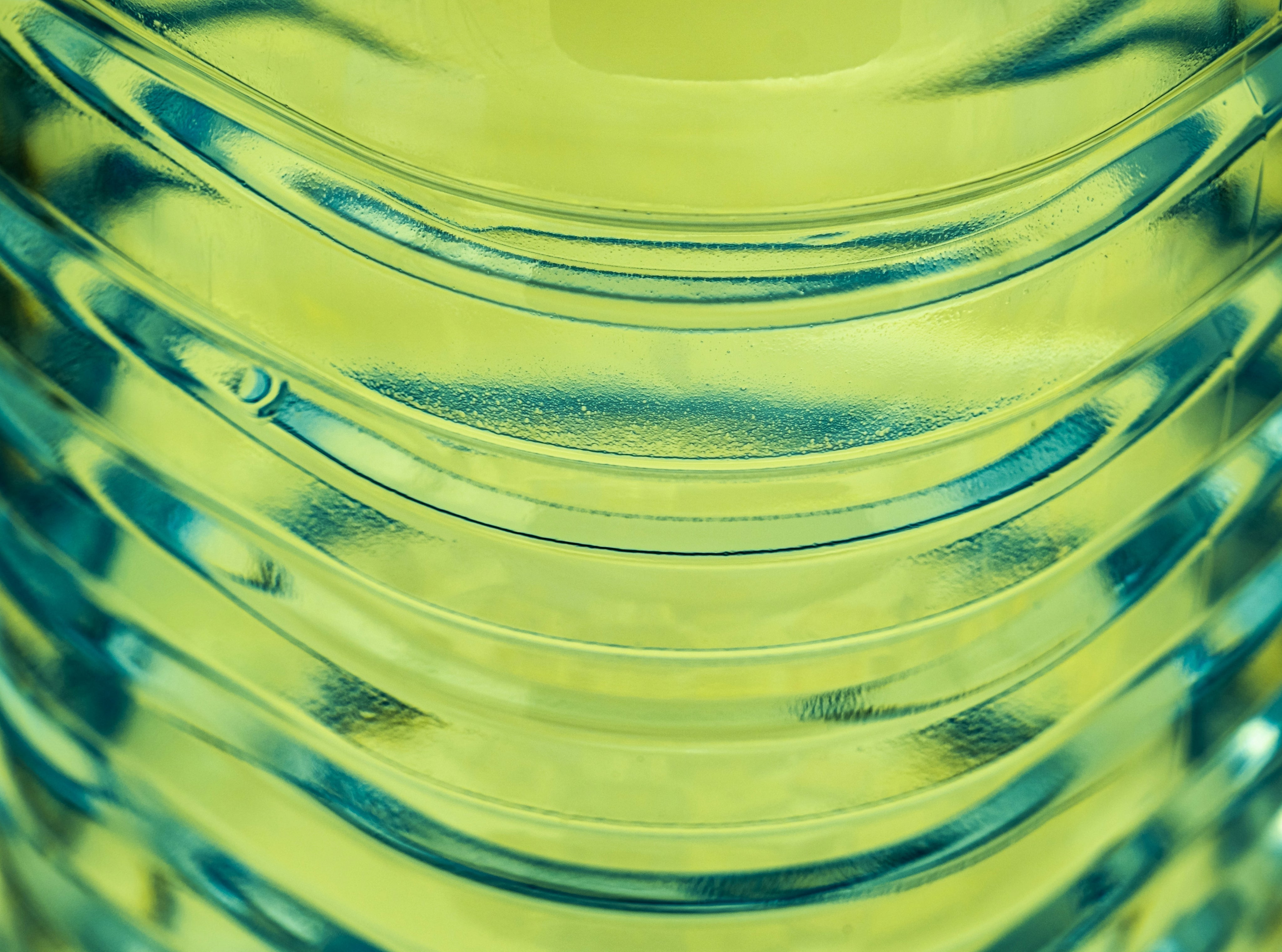Your gut is so much more than just a digestive tract. It’s an entire ecosystem, teeming with trillions of microbes that help you digest food, regulate your immune system, and even support your skin and mood.
Just like any ecosystem, your gut microbiome is only as healthy as what you feed it. And while many of us might think that our fancy probiotic is doing all the work, we’re often overlooking what our gut bacteria actually eat: prebiotics.
When we compare prebiotics vs. probiotics, both matter… just for different reasons. While certain probiotics can help introduce beneficial bacteria to the gut in very specific cases, prebiotics are the fuel that help them survive and thrive and can benefit almost everyone. In other words, probiotics can’t fulfill their full potential without the help of prebiotics. And yet, prebiotics remain one of the most overlooked (and under-consumed) components of our diets.
So how do probiotics and prebiotics work together inside the gut? And how do we ensure that we’re feeding our microbes what they need to flourish? Let’s dig in.
First, Let’s Zoom Out on Your Microbiome
Think of your microbiome as the soil of your health: it’s a dynamic, living environment made up of bacteria, viruses, fungi, and other microorganisms that play a role in everything from our digestion to mood regulation and immunity.1
When this inner soil is rich and diverse, our whole health thrives. When it’s starved for nutrients, we don’t function as well as we could. And there are all kinds of factors that can disrupt this balance, like modern diets, antibiotics, and even chronic stress.2
That’s why fueling our microbiome properly is so essential. And it’s also where the balance of probiotics vs. prebiotics comes into play.
Probiotic vs. Prebiotic: A Quick Breakdown
Here’s a really simple way to remember it:
-
Probiotics are “good bacteria.” They’re living microorganisms that can support and restore your microbiome’s balance in certain instances.3
-
Prebiotics are the essential food that help your microbes grow and multiply. Without this fuel, our inner ecosystem goes hungry.4
If your microbiome is the soil of your health, then probiotics are seeds, and prebiotics are the nutrient-rich fertilizer. You need both to help your inner garden grow.
Probiotics Are Only Half the Story
Probiotics are live bacteria that can restore microbial balance, support digestion, and can help with symptoms like bloating and irregularity.5
Eating fermented foods like sauerkraut, kimchi, yogurt, and kombucha is a great way to introduce natural probiotic activity to your gut.
Then there are probiotic supplements… and here’s where things get a bit trickier. While certain strains of probiotics can be helpful in certain situations (like after a course of antibiotics or for certain gut disorders), the science behind most probiotics isn’t as clear-cut as the marketing. And this becomes especially problematic when we’re opting for daily probiotic supplements while also neglecting our prebiotic intake.
After all, not all probiotic supplements are created equal. Different strains have different benefits, and not every capsule makes for a perfect delivery to the tiny city inside of you. Many probiotics don’t survive the journey to the digestive tract, and others might not contain the right kinds of strains for your needs.6,7
If you’re choosing a probiotic supplement, look for:
-
Clinically-studied strains. Focus on formulas that specify exact bacterial strains (not just species!) with research to back up their claims.
-
Dosage and viability. A higher Colony-Forming Unit (CFU) count doesn’t necessarily mean a higher quality product. What matters more is whether the bacteria are surviving and getting to work where it counts.
-
Specified need. The science behind daily probiotic supplements for general wellness can be a bit mixed. That said, if you’re working to replenish your microbiome after a course of antibiotics, or you’re navigating a specific gut condition, a targeted, clinically-backed probiotic might be a good addition to your routine.
Think of this way: Probiotic supplements are like cut flowers. They might brighten our space for a day or two, but they’re transient. Prebiotics help feed the native flowers in our inner ecosystem so they can grow and thrive… for the long haul.
What Are Prebiotics (and Why They’re the Unsung Hero)
If probiotics are “good” bacteria that help populate and balance your gut, prebiotics are the nutrients that keep them alive. Prebiotics are specialized, non-digestible fibers that your body can’t necessarily break down… but your microbes can.
When your gut bacteria consume (aka ferment) prebiotic fibers, they produce short-chain fatty acids (SFCAs) like butyrate, acetate, and propionate. SFCAs have a variety of different roles that are critical to your overall health: from fueling your intestinal cells, to regulating inflammation, to training immune cells and breeding the neurotransmitters responsible for your mood.8
In other words, prebiotics don’t just feed your gut bacteria. They help power a network that serves your entire body.
And here’s the best part: Prebiotics are found naturally in a variety of foods.
-
Fruits: Apples, bananas, berries, and avocado are all good sources of prebiotic fiber.
-
Vegetables: Garlic, leeks, onions, carrots, and asparagus are all good sources of prebiotic fiber.
-
Nuts, seeds, and legumes: Almonds, cashews, pistachios, flax seeds, chia seeds, and chickpeas are all good sources or prebiotic fiber.
The issue is that most of us are falling short of consuming this critical nutrient. It’s recommended that we consume 30g of fiber each day, yet 95% of adults are falling short. That means that collectively, our microbiomes are undernourished.9
Do I Really Need Both Prebiotics and Probiotics?
One important distinction is between probiotic supplements and the probiotics that naturally reside in your gut. The microbes inside of you rely on prebiotics as a food source. When we nurture that garden, our whole health thrives.
So the short answer is, yes, you do need both: in the sense that probiotics need prebiotics to grow, multiply, and get the job done. But a probiotic supplement is not an essential component of this relationship. In fact, the science shows that it’s much more beneficial to focus on feeding your existing city of microbes.
Research shows that when we hit our recommended threshold of 30g of fiber each day—and introduce a diverse array of prebiotic fiber from a variety of sources—our microbiome flourishes, our digestion improves, and our risk for certain health conditions reduces.10
A Food-First Approach
Before chasing after a fancy supplement regimen, it’s best to start with what you’re putting on your plate. We always advocate for a food first approach: That is, focusing on getting all the nutrients you need through diet alone. When it comes to nourishing your microbiome, that means focusing on plant-based foods that are rich in compounds like prebiotics and polyphenols. And don’t forget fermented foods like yogurt, kimchi, kombucha, and tempeh.
That said, life happens. Travel, busy days, and other factors can get in the way of eating “perfectly” all the time. This is where quality supplements can come in handy: as an insurance plan to help fill in the gaps, rather than a replacement for a healthy diet.
Just remember that all supplements aren’t created equal:
-
A prebiotic fiber supplement should contain a blend of different unique prebiotics in meaningful doses… to help nourish a wide variety of gut bacteria.
-
A probiotic supplement should include clinically-backed strains, and is best reserved for specific gut conditions.
The Bottom Line
While probiotics get a lot of hype, prebiotics are the unsung hero of your microbiome. And when we feed the ecosystem inside of us, our whole health flourishes.
REFERENCES:
-
O'Riordan, K. J., Moloney, G. M., Keane, L., Clarke, G., & Cryan, J. F. (2025). The gut microbiota-immune-brain axis: Therapeutic implications. Cell reports. Medicine, 6(3), 101982. https://doi.org/10.1016/j.xcrm.2025.101982
-
Madison, A., & Kiecolt-Glaser, J. K. (2019). Stress, depression, diet, and the gut microbiota: human-bacteria interactions at the core of psychoneuroimmunology and nutrition. Current opinion in behavioral sciences, 28, 105–110. https://doi.org/10.1016/j.cobeha.2019.01.011
-
Kechagia, M., Basoulis, D., Konstantopoulou, S., Dimitriadi, D., Gyftopoulou, K., Skarmoutsou, N., & Fakiri, E. M. (2013). Health benefits of probiotics: a review. ISRN nutrition, 2013, 481651. https://doi.org/10.5402/2013/481651
-
Bevilacqua, A., Campaniello, D., Speranza, B., Racioppo, A., Sinigaglia, M., & Corbo, M. R. (2024). An Update on Prebiotics and on Their Health Effects. Foods (Basel, Switzerland), 13(3), 446. https://doi.org/10.3390/foods13030446
-
Hemarajata, P., & Versalovic, J. (2013). Effects of probiotics on gut microbiota: mechanisms of intestinal immunomodulation and neuromodulation. Therapeutic advances in gastroenterology, 6(1), 39–51. https://doi.org/10.1177/1756283X12459294
-
Leeuwendaal, N. K., Stanton, C., O'Toole, P. W., & Beresford, T. P. (2022). Fermented Foods, Health and the Gut Microbiome. Nutrients, 14(7), 1527. https://doi.org/10.3390/nu14071527
-
Han, S., Lu, Y., Xie, J., Fei, Y., Zheng, G., Wang, Z., Liu, J., Lv, L., Ling, Z., Berglund, B., Yao, M., & Li, L. (2021). Probiotic Gastrointestinal Transit and Colonization After Oral Administration: A Long Journey. Frontiers in cellular and infection microbiology, 11, 609722. https://doi.org/10.3389/fcimb.2021.609722
-
Liu, X. F., Shao, J. H., Liao, Y. T., Wang, L. N., Jia, Y., Dong, P. J., Liu, Z. Z., He, D. D., Li, C., & Zhang, X. (2023). Regulation of short-chain fatty acids in the immune system. Frontiers in immunology, 14, 1186892. https://doi.org/10.3389/fimmu.2023.1186892
-
Quagliani, D., & Felt-Gunderson, P. (2016). Closing America's Fiber Intake Gap: Communication Strategies From a Food and Fiber Summit. American journal of lifestyle medicine, 11(1), 80–85. https://doi.org/10.1177/1559827615588079
-
Veronese, N., Gianfredi, V., Solmi, M., Barbagallo, M., Dominguez, L. J., Mandalà, C., Di Palermo, C., Carruba, L., Solimando, L., Stubbs, B., Castagna, A., Maggi, S., Zanetti, M., Al-Daghri, N., Sabico, S., Nucci, D., Gosling, C., & Fontana, L. (2025). The impact of dietary fiber consumption on human health: An umbrella review of evidence from 17,155,277 individuals. Clinical nutrition (Edinburgh, Scotland), 51, 325–333. https://doi.org/10.1016/j.clnu.2025.06.021


